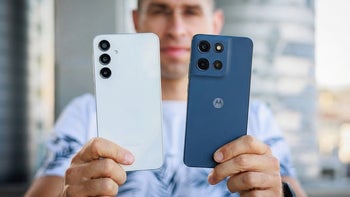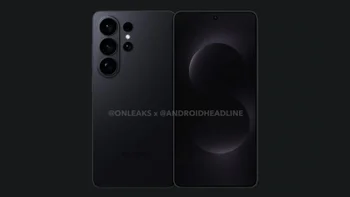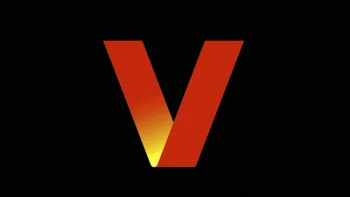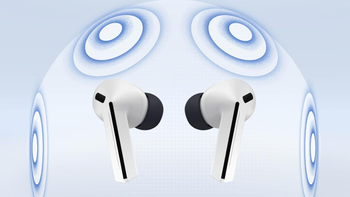Meet Cortana’s father

Before we knew Cortana would be the name for Windows Phone’s digital assistant, it was known as “conversational-understanding (CU) personal-assistant" effort and it started back in 2009. Larry Heck, an engineer at Microsoft Research, is focused on ensuring Bing powers even more natural and proactive interaction with Cortana. To its credit, Cortana already does this to an extent, but the goal is to make the experience more anticipatory.
It was in 2009 when Heck was on the Bing R&D team, reporting to Satya Nadella and developing the virtual personal assistant initiative. Steve Ballmer was already pushing for research that would unify the speech recognition efforts and assigned a gentleman by the name of Zig Serafin to take lead on that route.
Serafin asked Heck to be the chief scientist on the project and thus was hatched the plan for what would become Cortana. Heck would bring troves of Ph.D-level engineers on board to ensure the research being focused on the unique attributes of “search” and “speech” on track to perform and grow for the long term.
Larry Heck is arguably Cortana’s real father. Before joining Microsoft, his background already contained points of research into CU assistants, deep-learning, and deep-neural-network technology. From where we are right now with digital personal assistants, Heck compares it to the early days of search, “We still need to grow the breadth of domains that digital personal assistants can cover.”
Think of how Yahoo! used to be a directory in the 1990s, but as the web grew, that framework became inefficient, giving birth to search as we know it through Google and Bing. Heck envisions personal assistant technology following a similar path, “Microsoft has intentionally built Cortana to scale out to all the different domains. Having a long-term vision means having a long-term architecture. The goal is to support all types of human interaction – whether it’s speech, text, or gestures – across domains of information and function and make it as easy as a natural conversation.”

source: Microsoft Research
Larry Heck is arguably Cortana’s real father. Before joining Microsoft, his background already contained points of research into CU assistants, deep-learning, and deep-neural-network technology. From where we are right now with digital personal assistants, Heck compares it to the early days of search, “We still need to grow the breadth of domains that digital personal assistants can cover.”

source: Microsoft Research
Follow us on Google News




![Some T-Mobile users might be paying more starting in March [UPDATED]](https://m-cdn.phonearena.com/images/article/176781-wide-two_350/Some-T-Mobile-users-might-be-paying-more-starting-in-March-UPDATED.webp)









Things that are NOT allowed:
To help keep our community safe and free from spam, we apply temporary limits to newly created accounts: